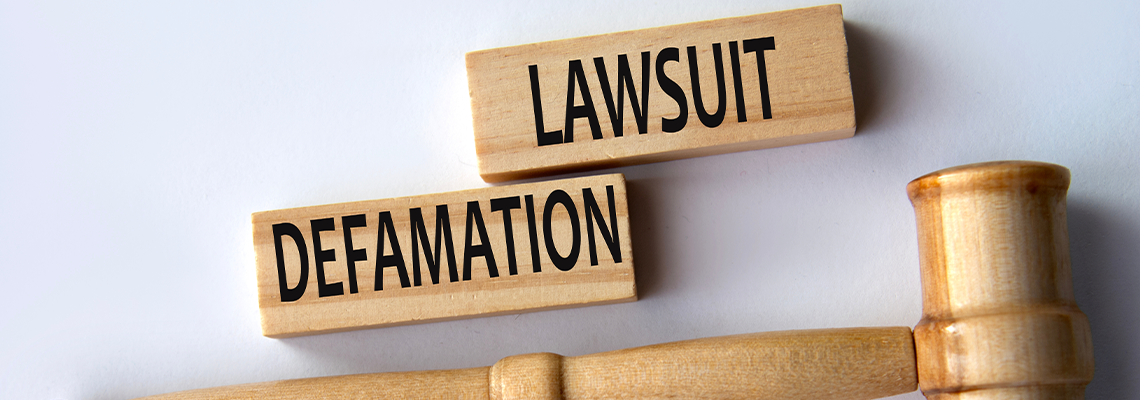What Is the Difference Between an Executor and An Attorney?
A will “speaks” from the time of death. Following notification of death, the executor/executrix will cash in the assets, pay the debts and funeral expenses and distribute the remaining assets as directed by the will. The role of executor/executrix is very important so choose wisely. Make sure that he or she is someone you believe capable of effecting your final wishes.
Powers of attorney (for personal care and for property) will allow someone of your choosing to act for you if you become incapable of making your own health or financial decisions.
The power of attorney for personal care allows your chosen attorney (attorney does not mean lawyer; it could be a relative or friend) to speak with your health care providers and to make medical decisions on your behalf, and can include specific instructions such as a “Do Not Resuscitate” clause. It also allows your attorney to make decisions about your shelter, nutrition, hygiene, clothing or safety.
The power of attorney for property allows your attorney to manage your affairs: to pay your bills and taxes, to look after your real estate, bank accounts and investments. Your attorney can do anything with your property that you can do so it is very clear that you will want to appoint someone whom you trust implicitly.



